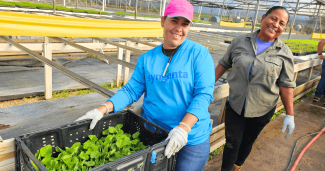Building Climate Resilience and Health in the Face of Hurricanes in Caribbean Agricultural Communities
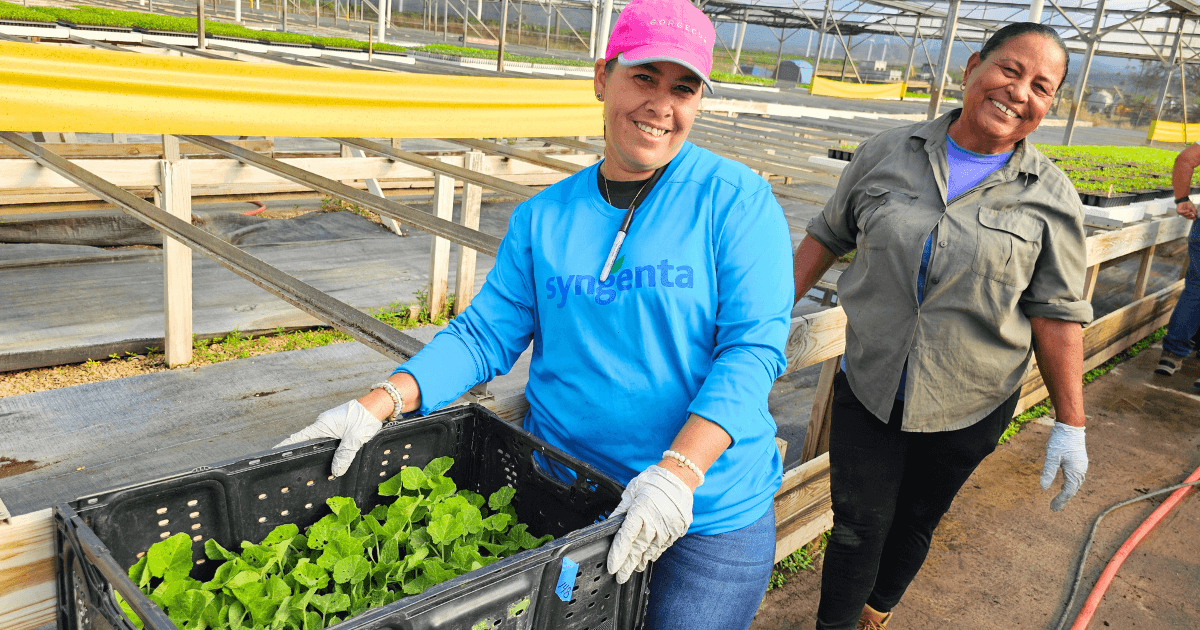
It’s the start of June, which kicks off the Atlantic hurricane season – and this year’s hurricane season is predicted to be dangerous. Hot ocean waters strengthen hurricanes, and the waters in the Atlantic and Caribbean are breaking records for heat. “The world's oceans have consistently been breaking daily heat records since early 2023, a yearlong fever that has climate scientists, coral reef experts and even hurricane forecasters concerned and dismayed,” stated USA Today this week. The National Oceanic and Atmospheric Administration (NOAA) cited those hot waters and La Niña as drivers of a predicted above-normal” season.
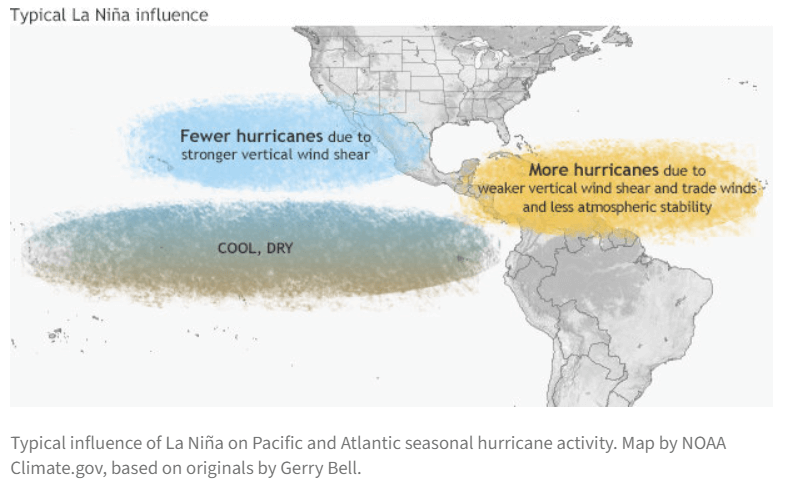
In the midst of these dangers, agricultural communities must prepare – through community connection, intentionality, and mobilization. Migrant Clinicians Network (MCN), with partners Mentes Puertorriqueñas en Acción (MPA) and the United States Department of Agriculture (USDA) Caribbean Climate Hub (CCH), have launched a three-year collaborative project to bolster Caribbean agricultural communities’ resilience and increase health and well-being in the face of climate threats. As the region battles more powerful and frequent hurricanes, the collaboration will empower communities to identify and consider the needs of populations like agricultural workers who have a higher risk of experiencing climate-related events and have lower access to health care.
"Communities across the Caribbean have already been deeply impacted by the climate crisis,” noted Marysel Pagán Santana, DrPH, Director of Environmental and Occupational Health at MCN Caribbean Region, also the principal investigator of this project. “Our unique susceptibility to climate change -- from experiencing a greater frequency of hurricanes, to alternating floods and droughts – is difficult to respond to and prepare for, in communities like rural agricultural towns, that have many barriers to care and have unique health risks that are worsened by climate. This important collaboration will help communities across Puerto Rico, the Virgin Islands, and beyond, to adapt to climate change and even improve health outcomes.”
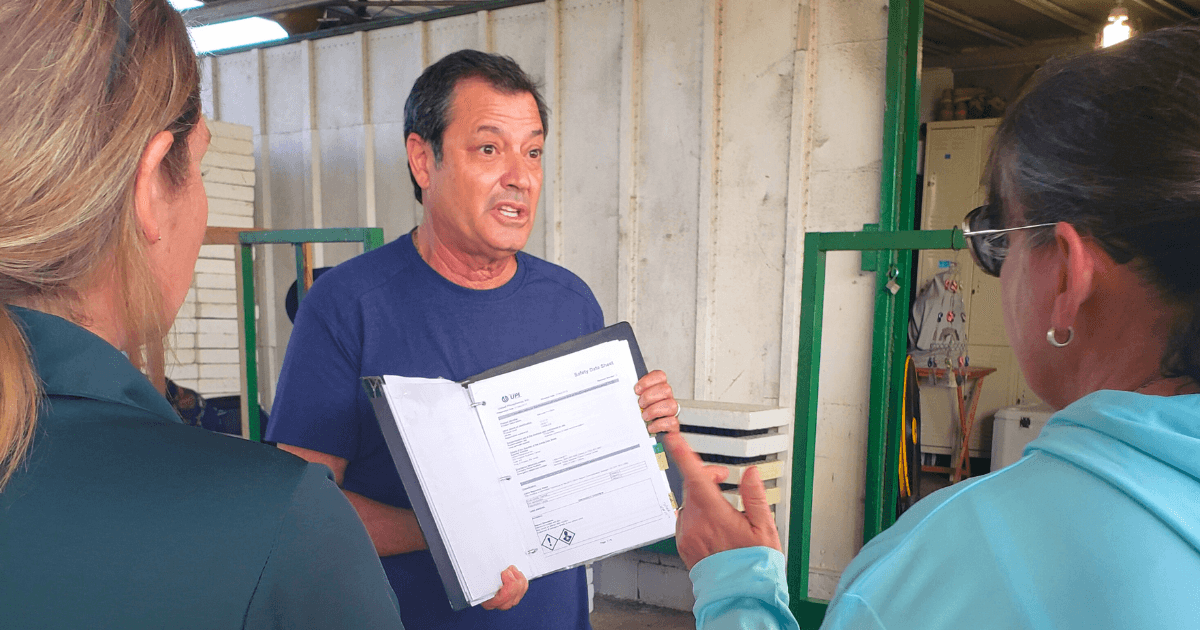
The project will engage community health centers in Puerto Rico and the US Virgin Islands to disseminate information, resources, and services related to climate adaptation and identify potential climate-related hazards affecting the livelihoods of farmers and farmworkers.
“The curriculum we will build with input from communities, clinicians, and scientists will be the focus of our first year,” explained Carolina Mejías, Executive Director of MPA. “We will then provide support to the outreach personnel of community health centers to do outreach and training in their own communities, a train-the-trainers approach. Community-based and -led approaches are the most effective, tailored to the needs of the individual community and ensuring that trusted messengers are providing the trainings.”
These centers will impact communities with the resources provided, aiming to increase knowledge and practices to mitigate and adapt to climate change. In its current phase, the two piloting health centers in Puerto Rico and St. Croix, along with a Scientific Advisory Committee, will provide feedback and report needs as they implement the project to adapt resources and curriculum. The project will be expanded to five community health centers in Puerto Rico and one CHC in St. Thomas by 2025.
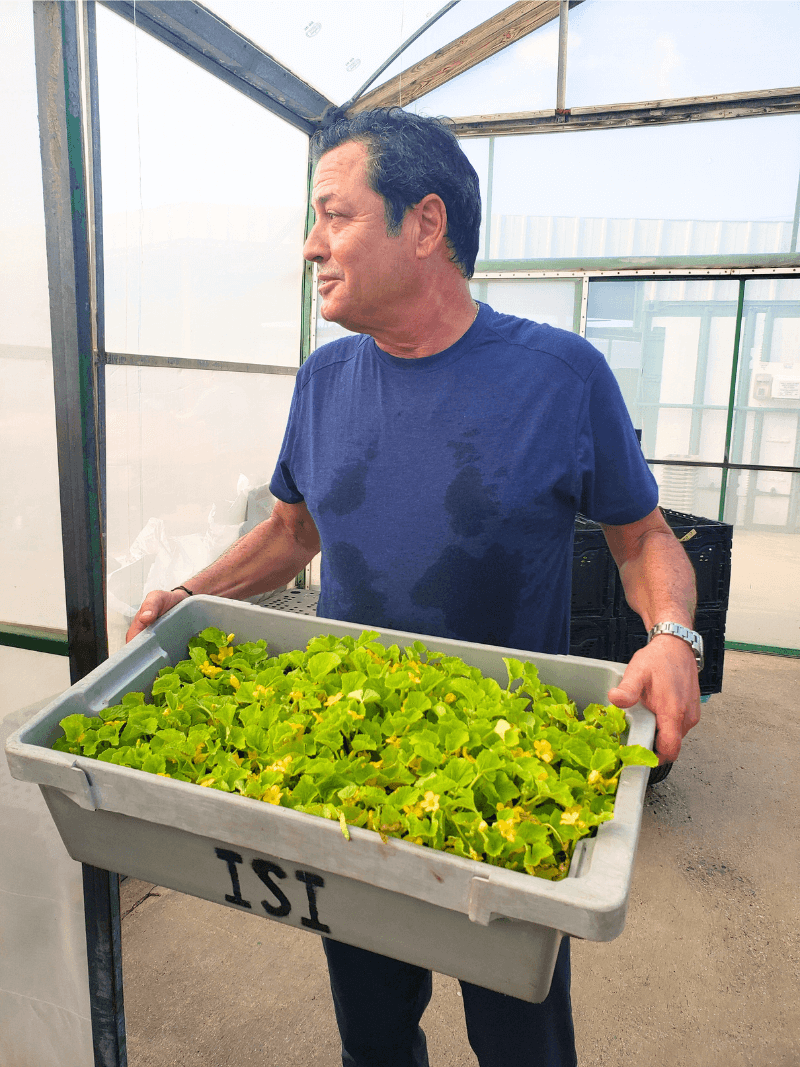
In islands like Puerto Rico and the US Virgin Islands, where there is a high dependence on imported goods, local food systems play an important role in providing culturally appropriate and nutritious food in the aftermath of an emergency. Hence, local producers are key agents in safeguarding local food security.
“Farmers and farmworkers are at the forefront of climate impacts; their health and wellbeing must be considered when discussing climate adaptation,” said Luis Alexis Rodríguez-Cruz, PhD, Social Scientist and Co-Principal Investigator on the project. “One of the aims of this project is to support their adaptive capacity through the network of community health centers that already serve agricultural communities.”
The project is supported by funds from USDA’s National Institute of Food and Agriculture.
“This important project endeavors to support agricultural communities to learn about and incorporate sustainable practices that will not just protect their communities during climate-fueled crises, but will build health and well-being for the long term and secure Caribbean food sources,” added Dr. Pagán Santana. “The climate crisis is here – and we need to respond quickly and aggressively.”
Read the press release on this project here.
Learn more about MCN’s climate justice work, including resources and peer-reviewed journal articles, here.
- Log in to post comments
